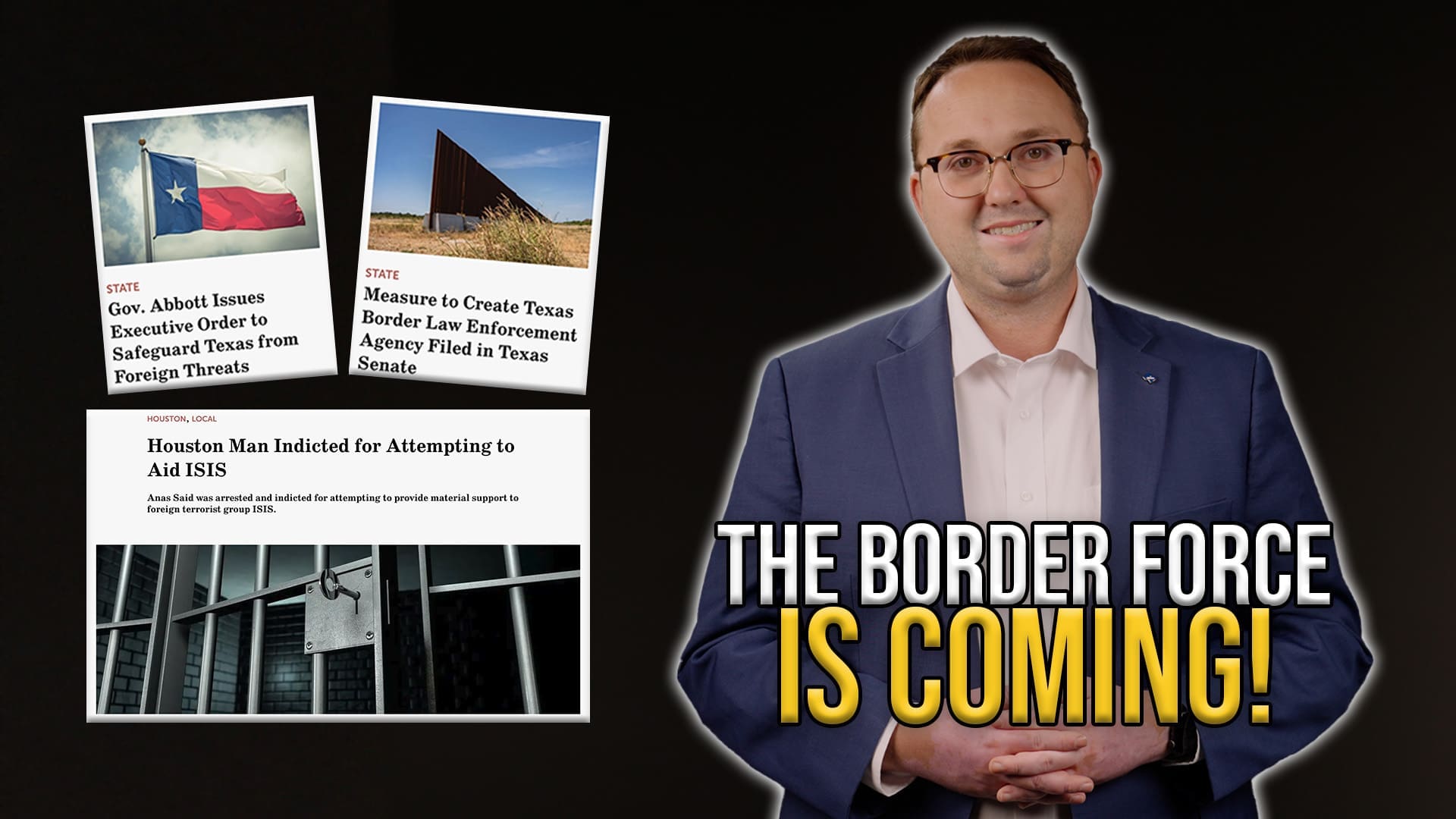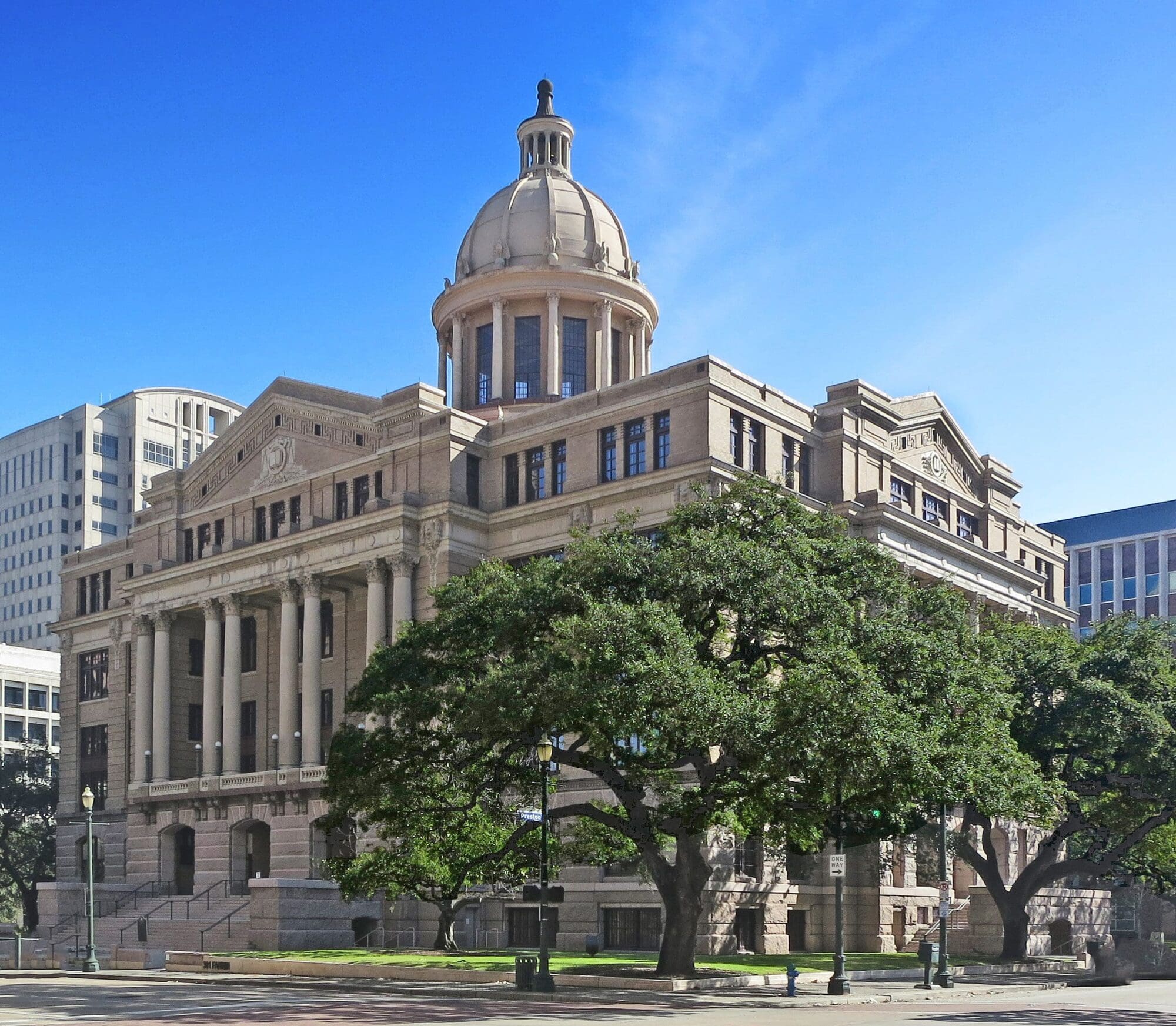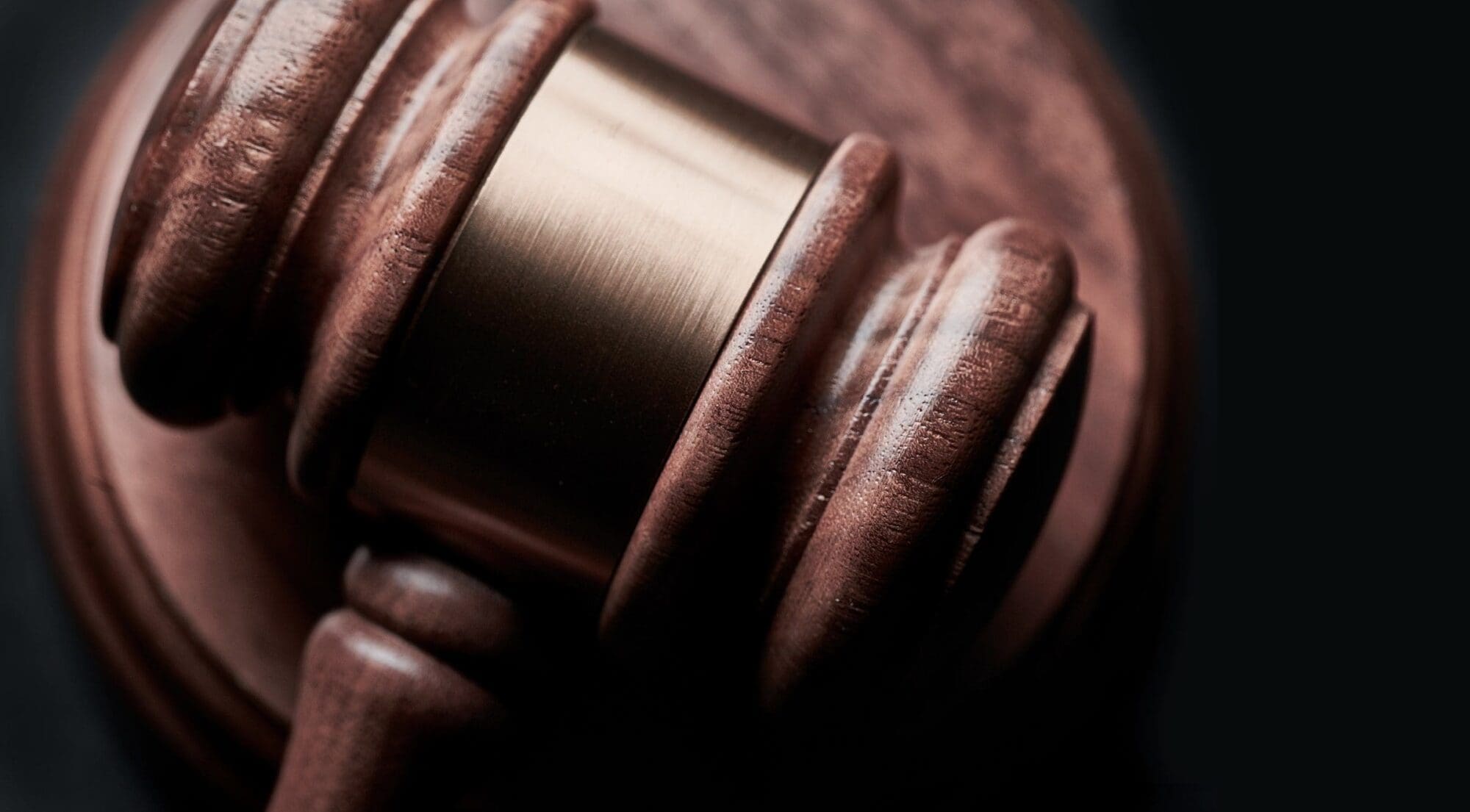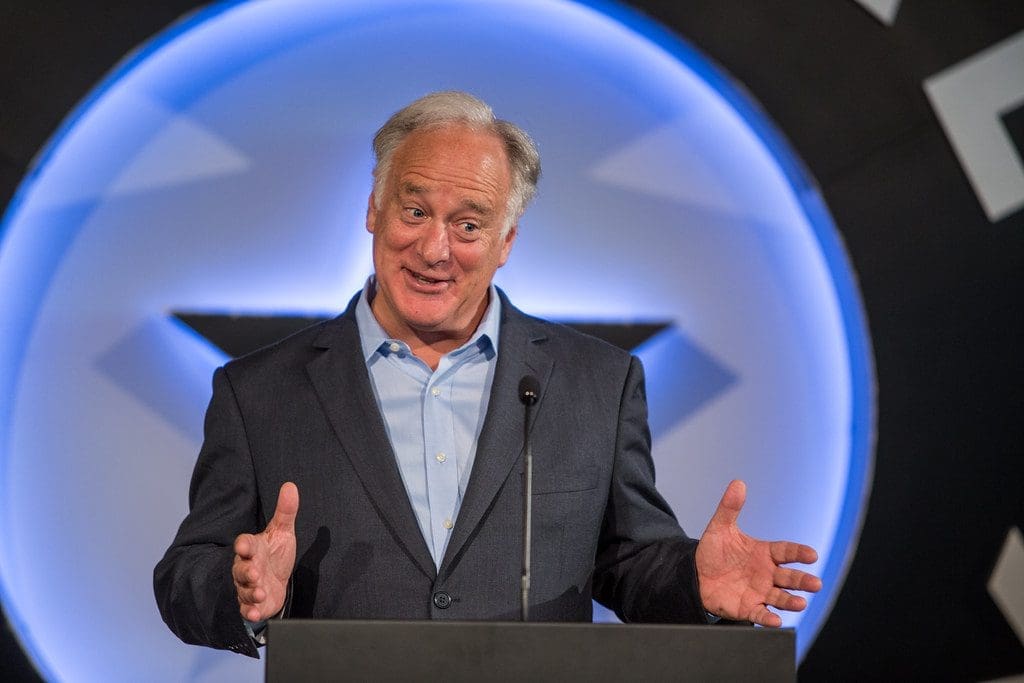Update 4/15/20: Watauga Councilman Scott Prescher contacted Texas Scorecard and provided the following statement:
“…the most disturbing thing of all is that [city council] tried to hide this in the consent agenda so it would not be debated. Since I actually read everything like I am supposed to as a council member, I spotted it right away. I asked for it to be pulled from the consent agenda at the beginning of the meeting and that forced a discussion on it. They wanted it to just quietly pass it while no one was watching during this emergency situation.”
On Monday, the Watauga City Council voted to ban citizens from recording city officials without their permission, denying citizens a powerful tool of accountability.
The ordinance reads in part:
“It is unlawful for a person to record an oral or electronic communication regarding official business of the City of Watauga by or between city employees, city officials, or by or between any combination of city employees, city officials and third-persons without first providing sufficient advanced notice to those being recorded that a recording of the oral or electronic communication will occur. City officials, for the purpose of this prohibition, include any elected or appointed official of the city or volunteer board and committee member appointed by the Mayor.”
Public meetings, law enforcement activities, and recordings authorized by law, city policy, or court orders are exempted, as well as recordings “captured by legally operated security devices installed or deployed on or within any structure.”
According to City Attorney George Hyde, “Staff requested an ordinance to be prepared and presented to the city council.“
“[It] provides for city employees and officials with the ability to defend themselves when they’re challenged by the public or other individuals with regards to their conduct, of which the City of Watauga has recently experienced through allegations made to the county commissioners court a few months ago, and this provides for that opportunity to make sure that the truth does come out,” Hyde told council members.
City Manager Andrea Gardner concurred, saying she had been told previous council members and citizens had made recordings of interactions with city employees and proceeded to alter those recordings.
“Now, whether or not those statements are factual that have been presented to me, I don’t know,” she added.
Only Place 1 Councilman Scott Prescher objected to the ban.
“I will not vote for it,” he told council members. “The way it’s worded, it prohibits every single person in this community from recording your interactions with city officials.”
“Making it an ordinance where you’re going to have private citizens be guilty because they felt they needed to record a conversation because of past experience is a bit much,” he added. “It just sounds like … the concern is recordings between city employees and council, not citizens. I think to punish citizens [with] this ordinance is just wrong on a lot of levels.”
The penal code of the State of Texas requires one-party consent for recordings, meaning if you are a party to the interaction, you may record without notification. This powerful tool of accountability was what exposed the corruption of Speaker of the House Dennis Bonnen when he offered a quid pro quo last year to Empower Texans CEO Michael Quinn Sullivan.
The ordinance passed with only Prescher voting against.
Mayor Arthur Miner: 817-301-4877
Place 1 Councilman Scott Prescher: 817-524-8424
Place 2 Councilman Tom Snyder: 817-524-8287
Place 3 Councilwoman Lovie Downey: 817-524-8170
Place 4 Councilman Andrew Neal: 817-524-9944
Place 5 Councilwoman Juanita King: 817-524-8464
Place 6 Councilman Mark Taylor: 817-217-6571
Place 7 Councilwoman Kim Irving: 682-888-4393





